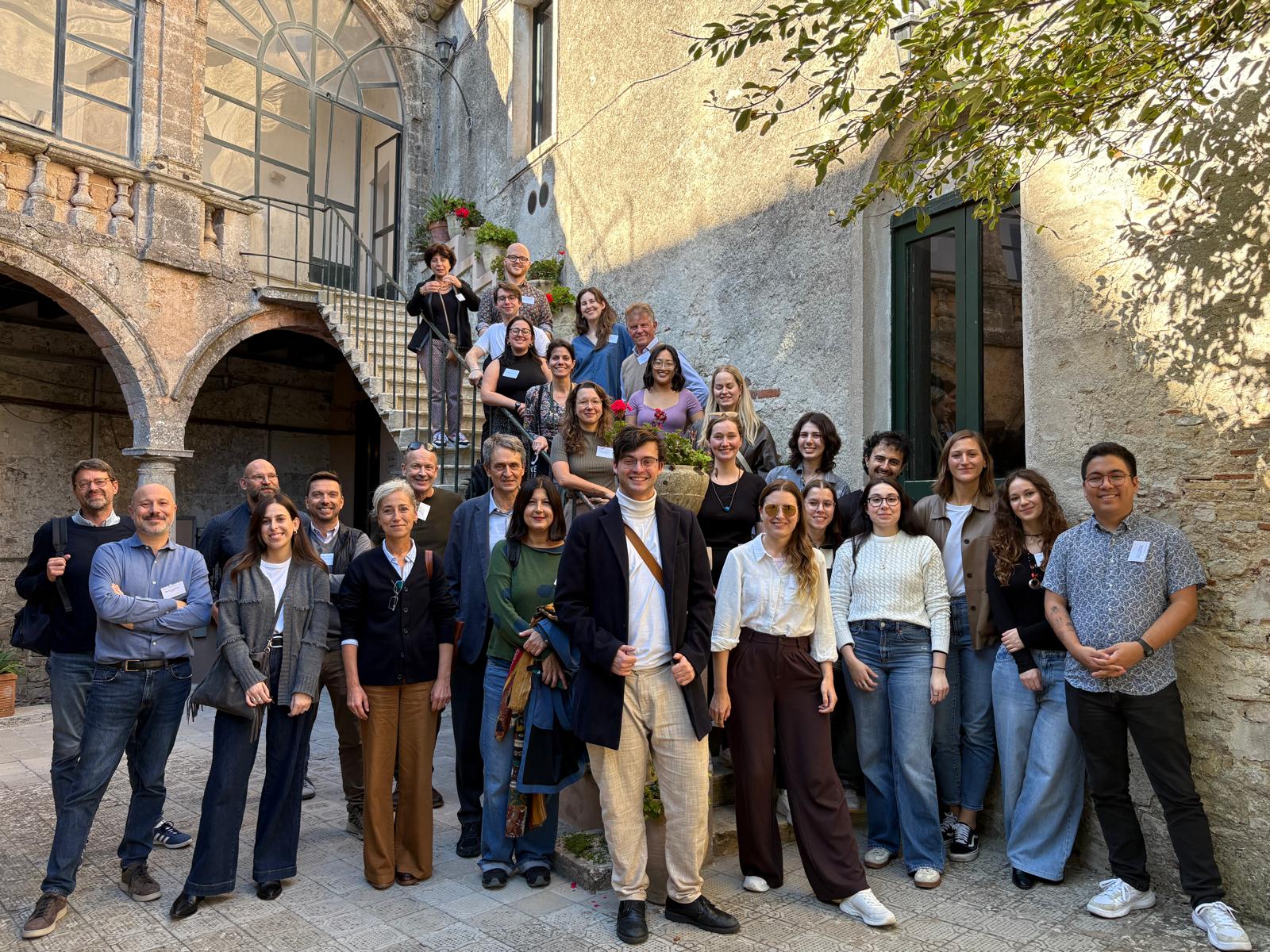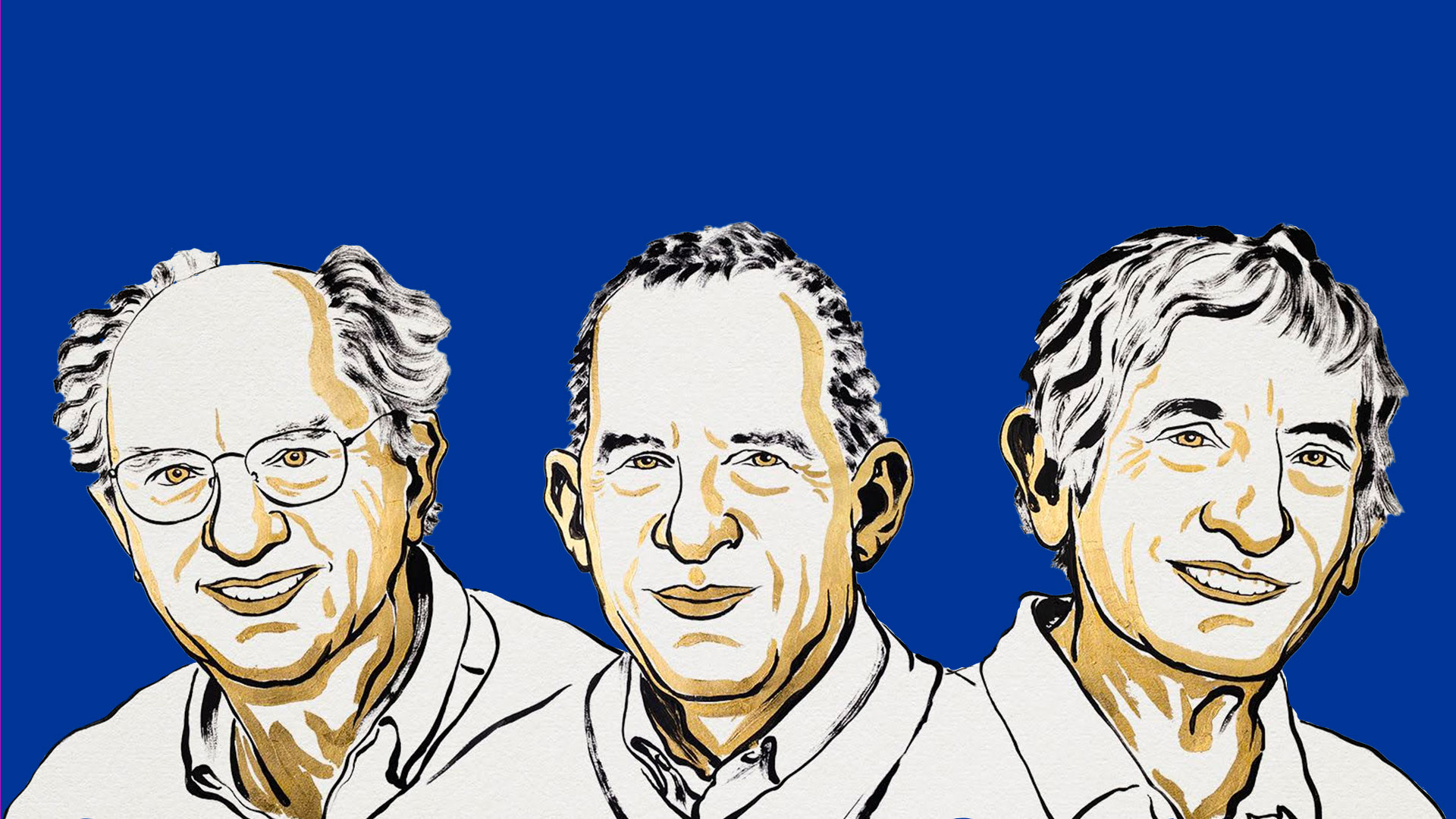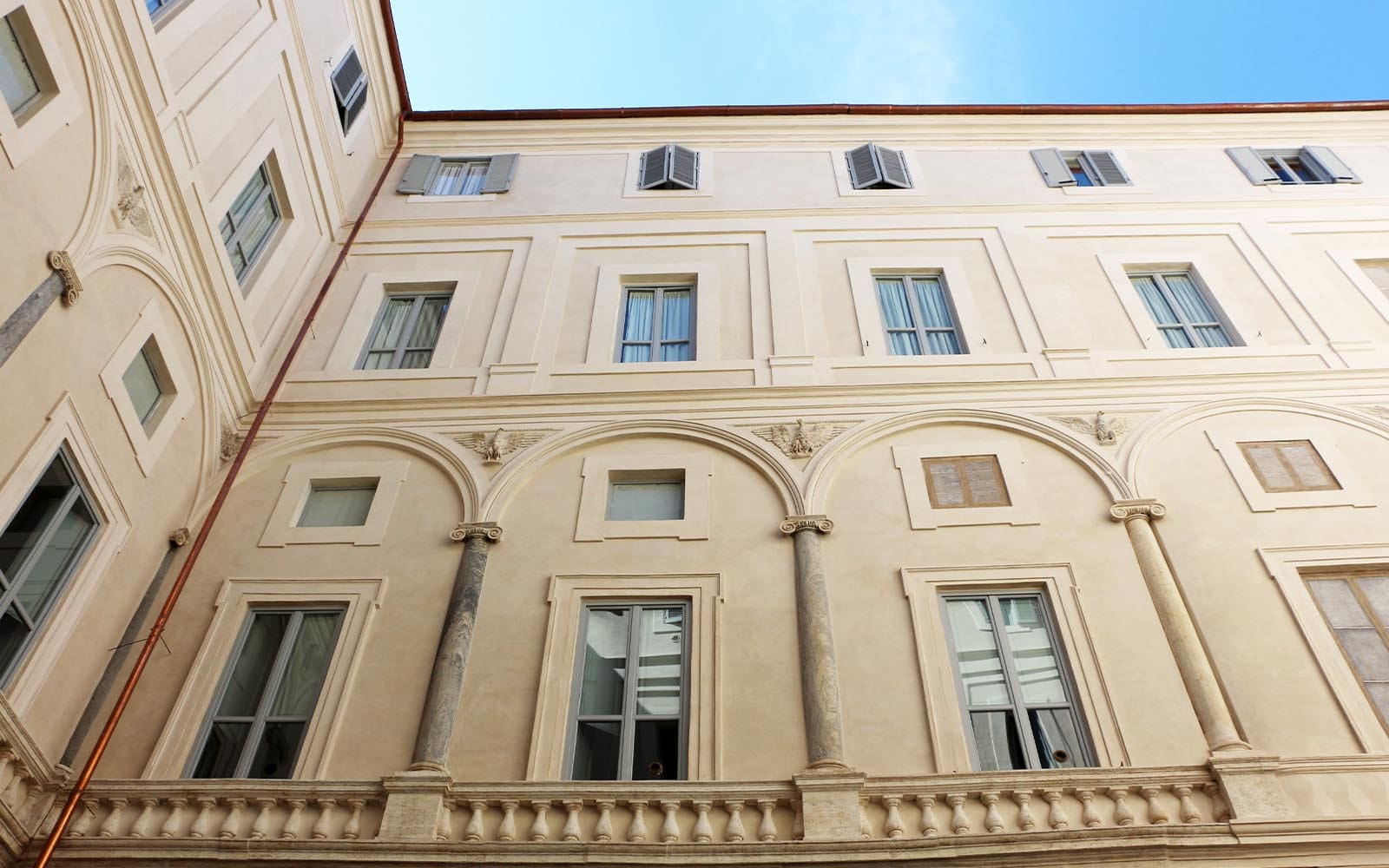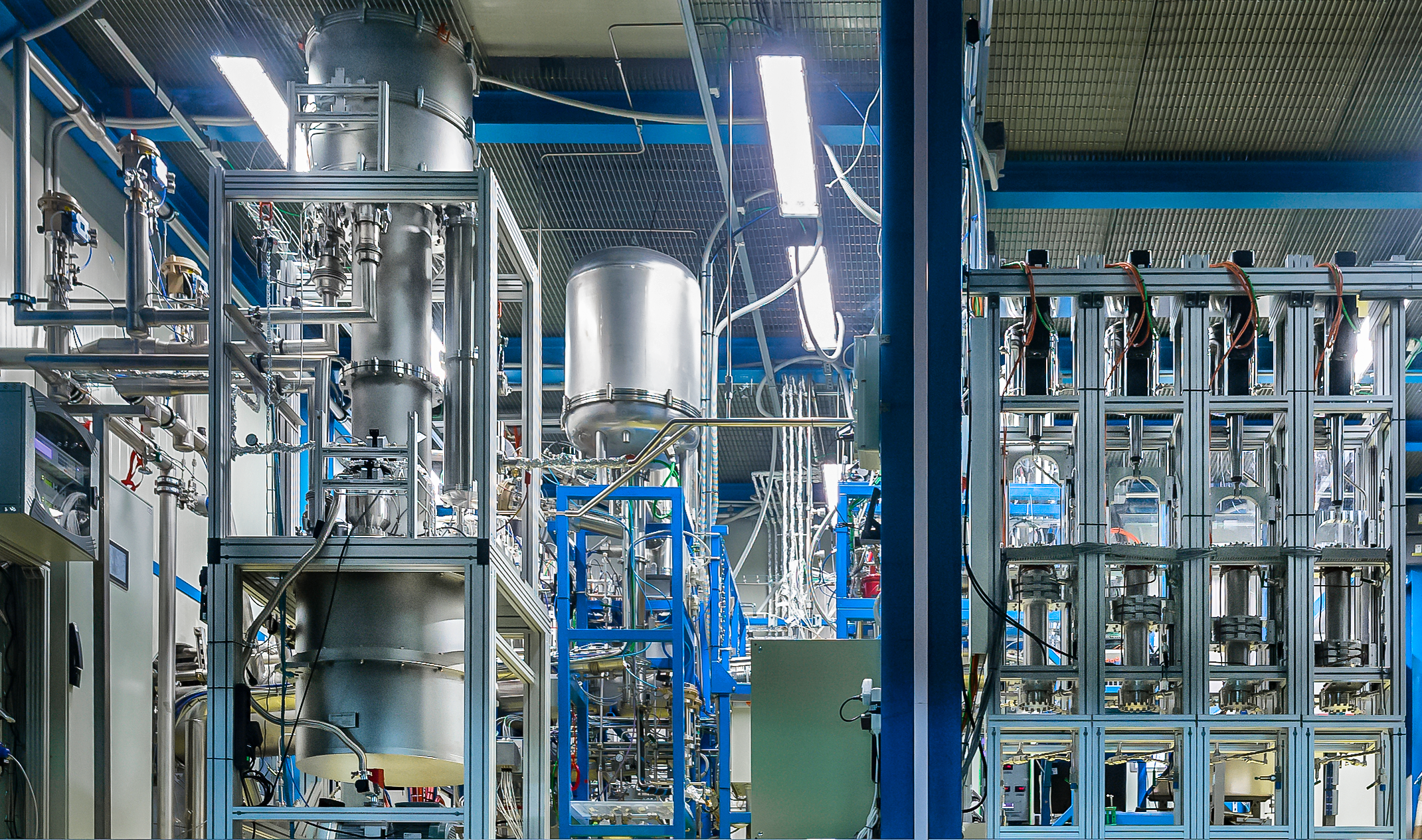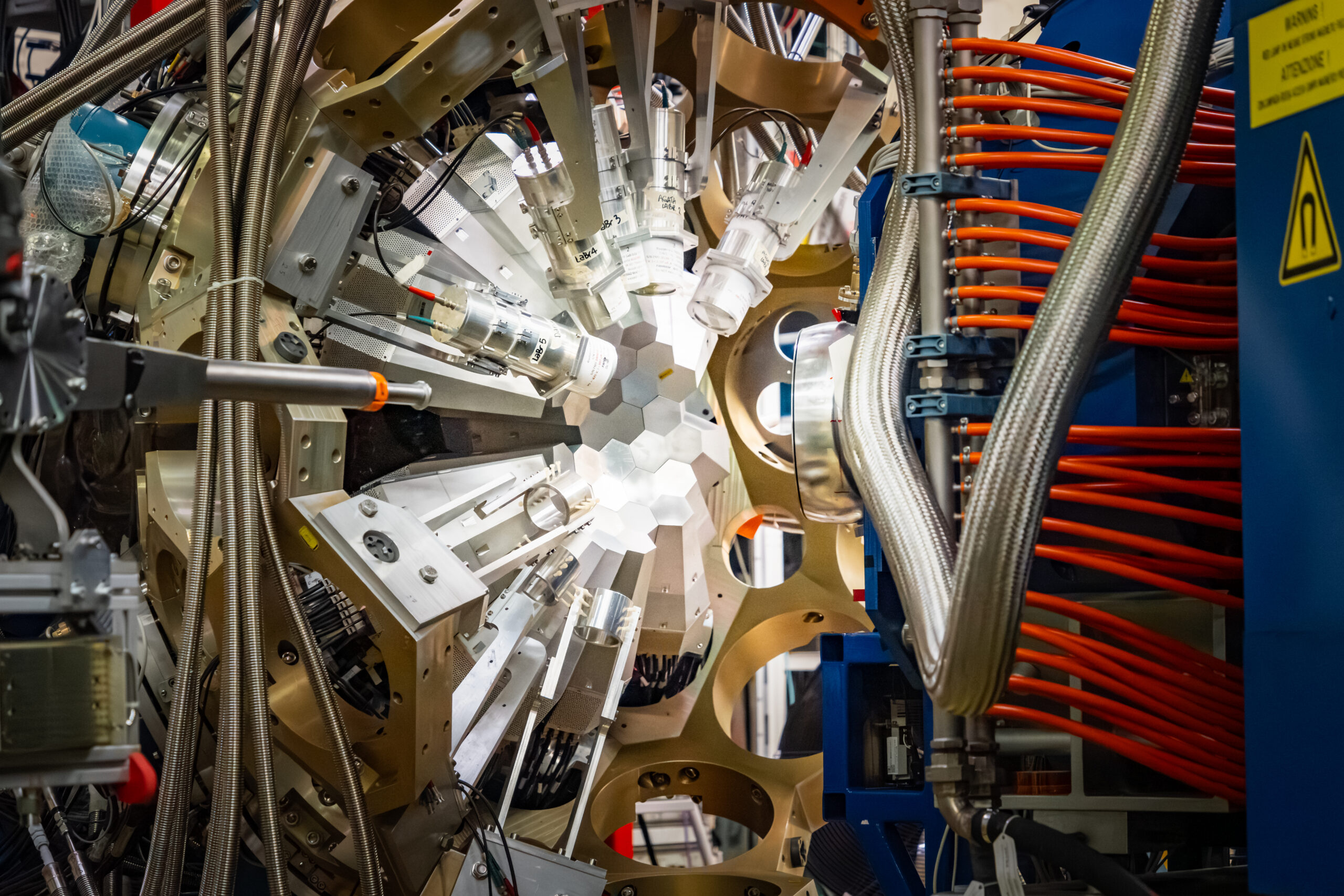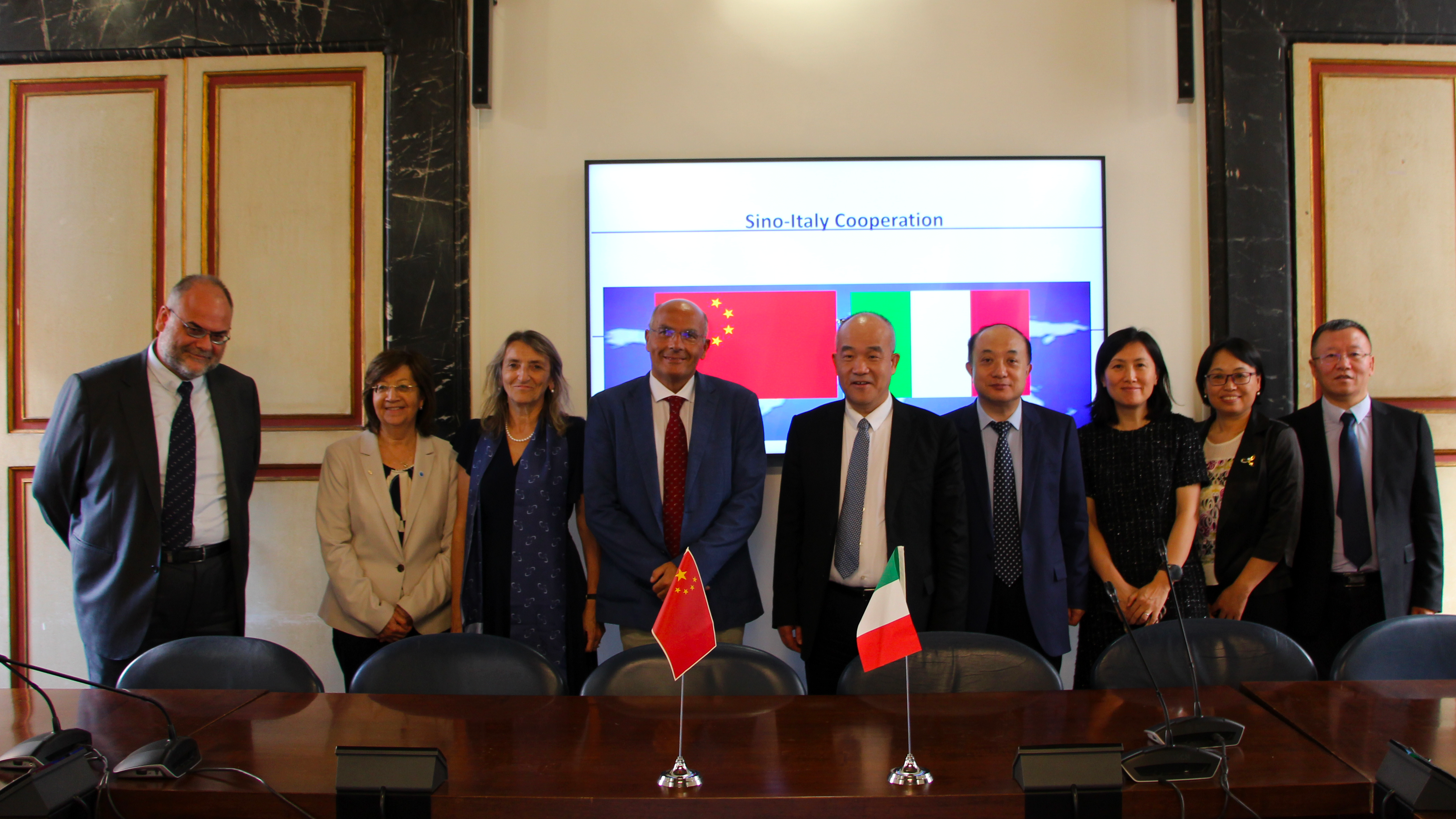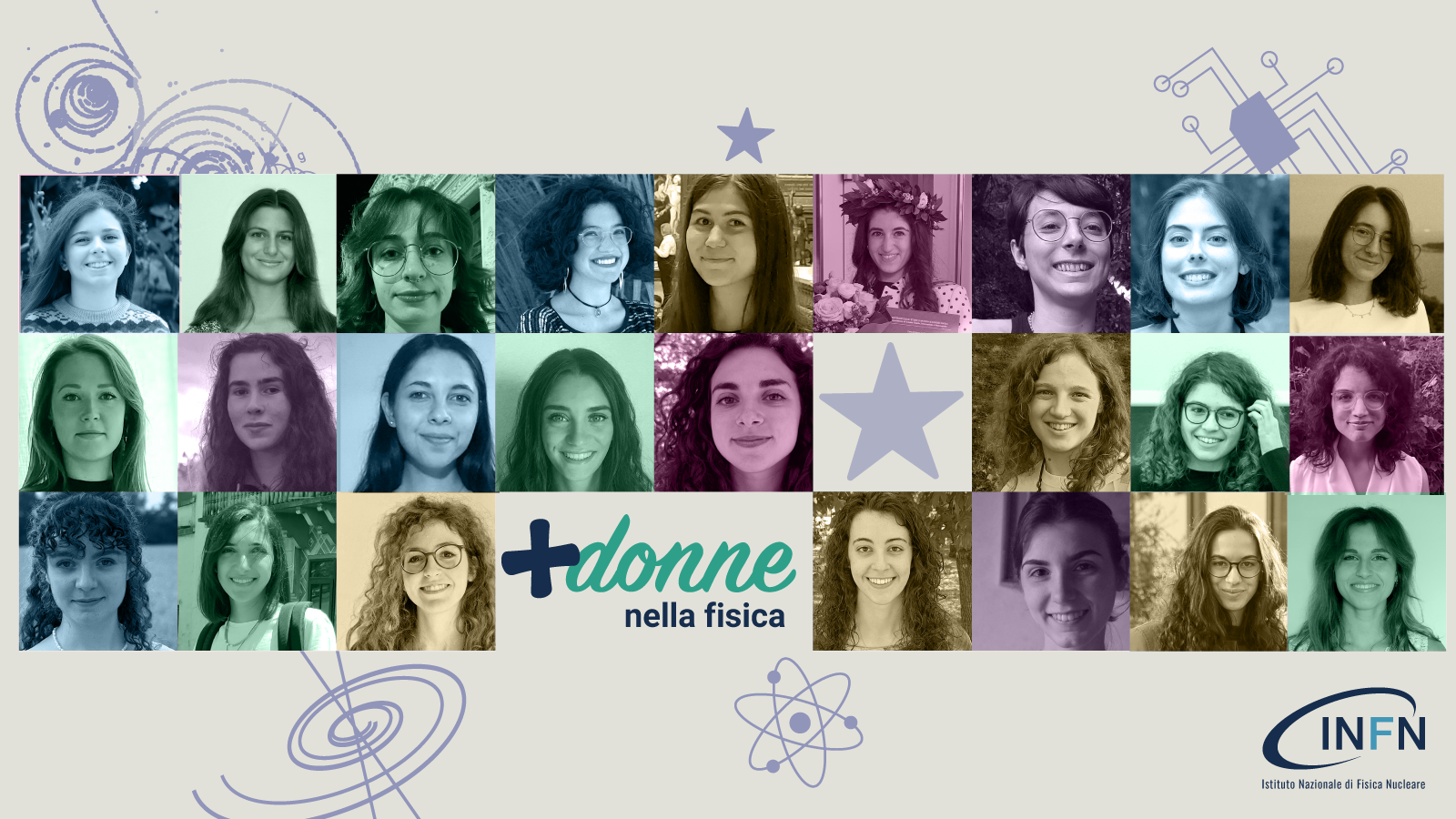
Twenty-five young female physics students, winners of the INFN competition “More women in physics”, were recognised today (28 September) in the presence of INFN’s Executive Committee and Management Council, during a ceremony that was held at the Roma Tre University. This was also the occasion for the 25-year celebrations of the INFN Roma Tre Division. Intended for female students enrolled in the first year of a Bachelor’s degree in experimental and theoretical physics of fundamental interactions and in applied physics, the award was established this year by INFN as part of the project “More women in physics”. This project promotes and supports young women in studying physics, encouraging synergies between universities, the world of research and industry, with the additional purpose of increasing the number of women in the worlds of research and work and their active participation in the economic and social life of the country.
Each female student received a scholarship worth € 1,500 as an incentive for undertaking their studies in subnuclear, astroparticle, nuclear, and theoretical physics or in the field of interdisciplinary technological research and accelerator physics. In its first edition, the prize has been repeated this year too: the competition is now online, addressing female students enrolled in the Bachelor’s degree in Physics or Sciences of the universe for the 2023/2024 academic year. They will have until 31 January to send their applications.
Subnuclear physics
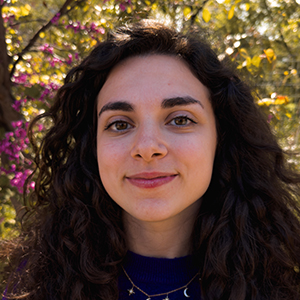
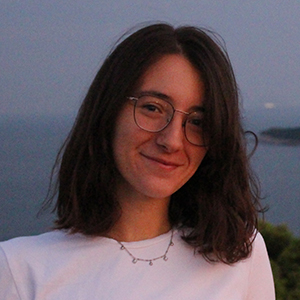

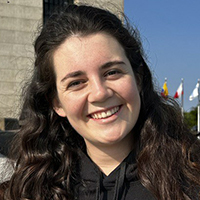
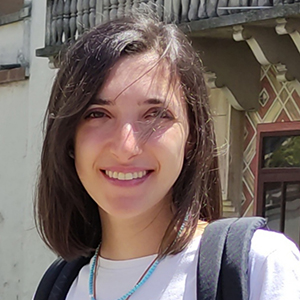
Astroparticle physics
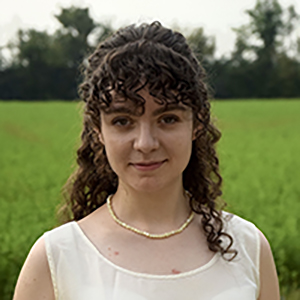
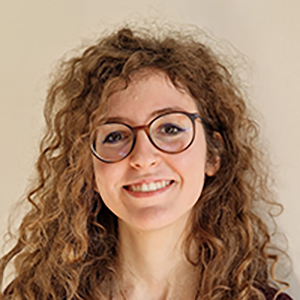

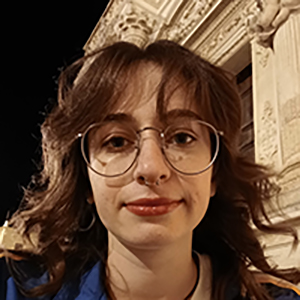
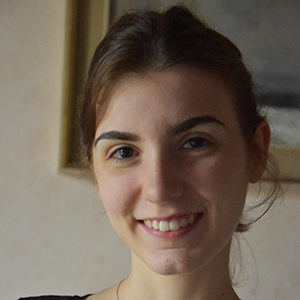
Nuclear physics
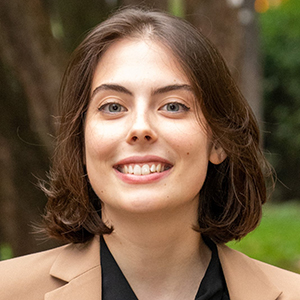
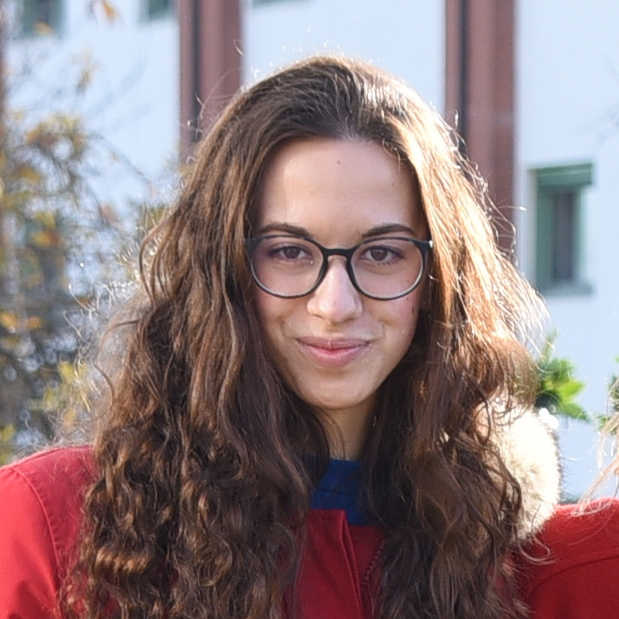
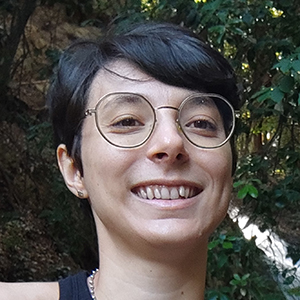
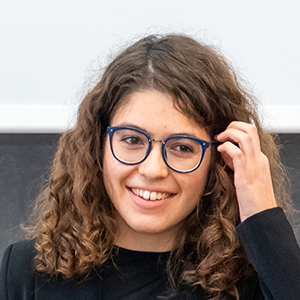
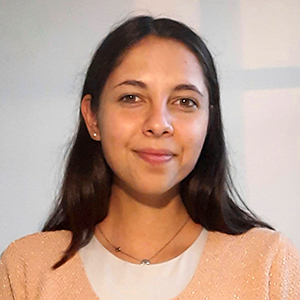
Theoretical physics
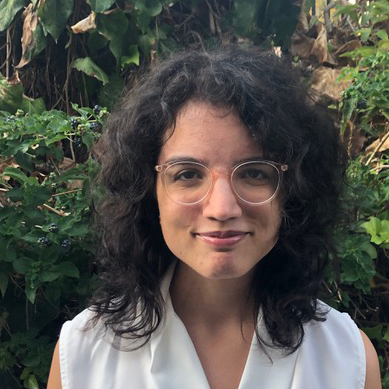
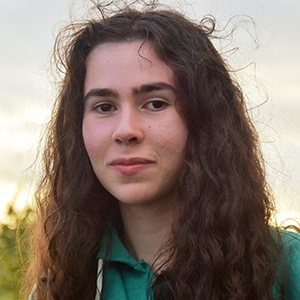
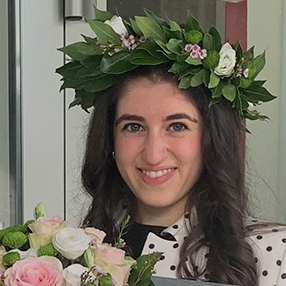
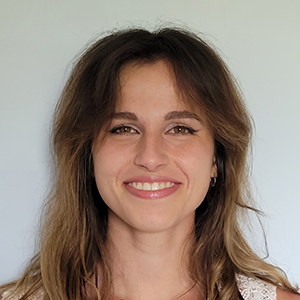
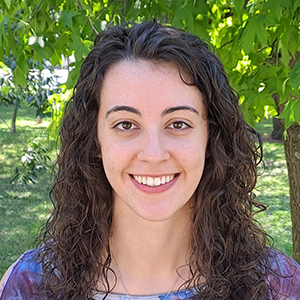
Technological research
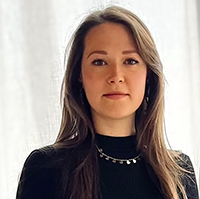
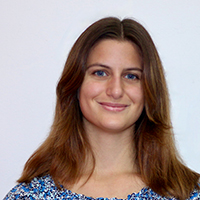
Aurora Madonnini – Università degli Studi di Pavia
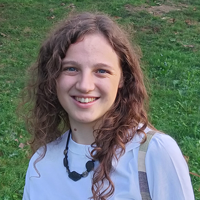
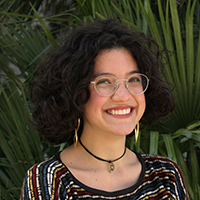
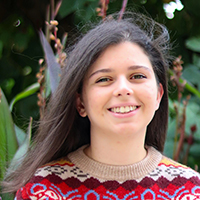
{gallery}PiuDonneNellaFisica2023{/gallery}
